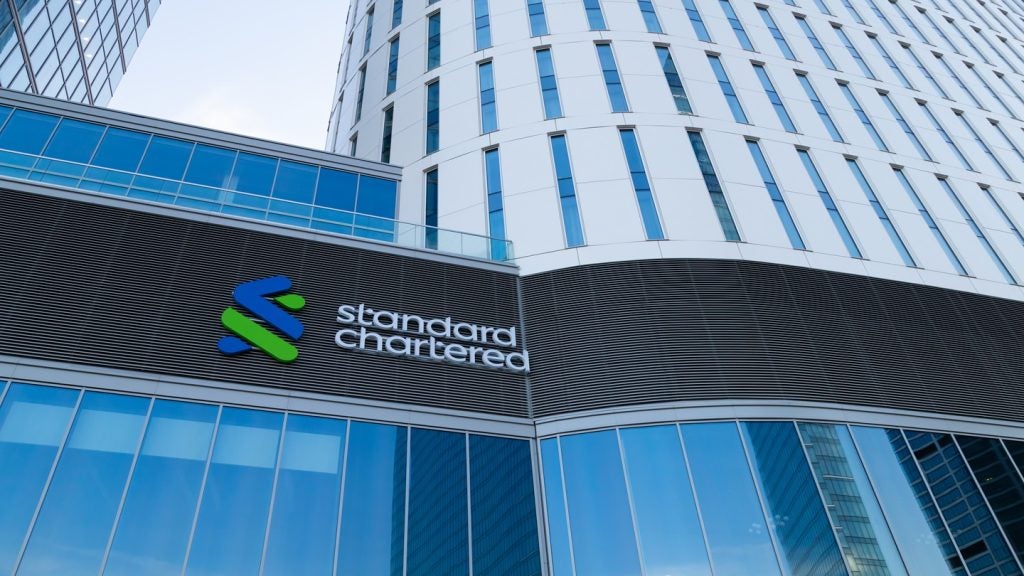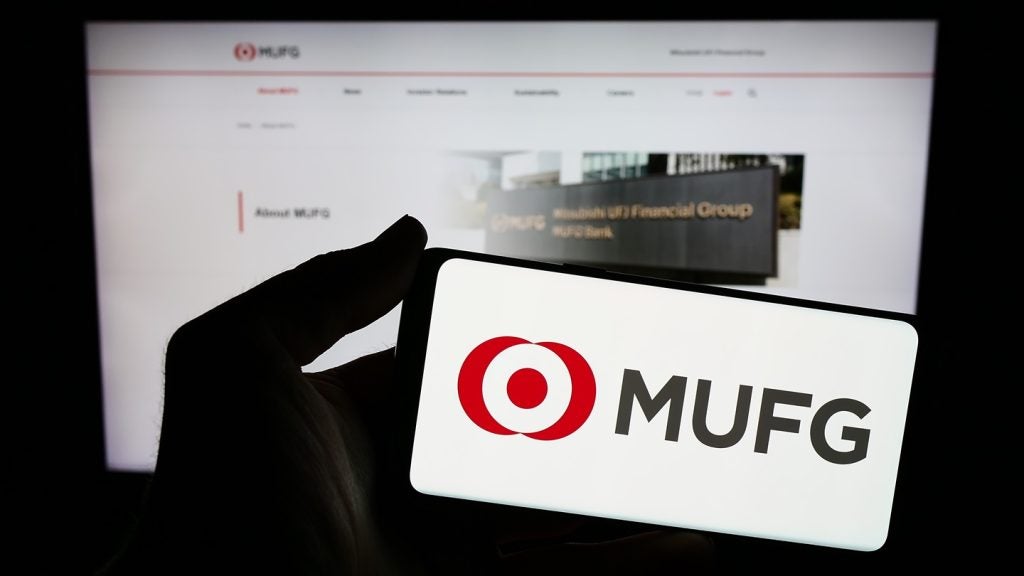Despite recent setbacks, Latin America remains
one of the most promising wealth management markets, generating
HNWIs at a rate second only to the Middle East. PBI spoke to
regional private banking heads at UBS, HSBC, Santander,
Itaú-Unibanco and BBVA to gauge the state of the market.
For a region which has been associated
with economic crises at regular intervals for much of the last
half-century, the countries of Latin America have been relatively
immune to the ravages of the present economic crisis.
This is good news for private banks that
have businesses in countries like Brazil and Mexico, which remain
some of the most promising private banking markets in the world.
Many of leading players have also set their sights further afield.
Some, like Spanish giants Banco Santander and Banco Bilbao Vizcaya
Argentaria (BBVA), are taking advantage of their presence in the
region to make inroads into the market for high net worth
individuals (HNWIs), which is estimated to have grown by 13.6
percent in 2007, according to Boston Consulting Group. In Brazil,
the region’s wealthiest market, the number of households earning
more than $1 million is predicted to grow from 190,000 to 675,000
by 2017.
Others are just starting to establish
themselves – Julius Baer was in December granted authorisation by
the Chilean central bank to set up a representative office in the
country. EDRAM, the asset management arm of LCF-Edmond de
Rothschild, has recently opened its own offices in Santiago,
Chile’s capital.
The traditional links the region’s wealthy
classes maintain with the US, particularly Miami, have given US
banks a head start in the offshore market – although Swiss players
like UBS and Credit Suisse are busy in the region too.
Growing in the private banking market in
Latin America’s onshore business is challenging due to regulations
on external remittances of money and complex tax regimes. Offshore
banking is seen by some Latin American authorities as sheer tax
evasion, and foreign private banks have been the target of
sophisticated police investigations in, for instance, Brazil.
How well do you really know your competitors?
Access the most comprehensive Company Profiles on the market, powered by GlobalData. Save hours of research. Gain competitive edge.

Thank you!
Your download email will arrive shortly
Not ready to buy yet? Download a free sample
We are confident about the unique quality of our Company Profiles. However, we want you to make the most beneficial decision for your business, so we offer a free sample that you can download by submitting the below form
By GlobalDataClients keeping money
onshore
Local banking systems have been gaining in
sophistication and investors in Brazil and Mexico are happier to
keep money onshore as their economies become more stable and
European and US banks, once considered infallible, have lost their
appeal. Brazil’s National Association of Investment Banks
(Associação Nacional dos Bancos de Investimento, ANBID) estimates
46 percent of Brazilian private banking assets are held onshore,
compared to 32 percent in Mexico and Venezuela.
But for most of the region’s wealthy,
sending assets to safer jurisdictions remains a popular choice –
particularly in Argentina, one of the richest countries in the
region, where confidence in the banking system has been hit by
regular setbacks.
Trust, already fragile following problems
earlier in the decade when Argentina was forced to freeze bank
accounts to prevent capital flight, was damaged again last late
last year when the government nationalised its private pension
funds to help pay down some of its national debt. Onshore assets in
the country are estimated at around 17 percent.
Venezuela, Bolivia and Ecuador, other
countries with high degrees of political and economic instability,
are also seen as trouble spots by international banks, though their
separation from international money markets has ironically seen
them steer clear of the financial problems which have blighted more
stable rivals.
Private bankers in the region told
PBI that it is considered important to be able to offer
offshore banking from European centres in addition to the logical
options of Miami and other jurisdictions in the US, where many
wealthy families have interests or pursue education, leisure or
business. Most described US regulations as too intrusive, saying
they preferred the secrecy of Switzerland for some of their
clients’ funds. A PBI poll of leading bankers in the
region suggests some 60 percent of all assets kept offshore by
Latin American private banking clients are held in the US, with 40
percent in Europe.

KEY PLAYERS
Itaú-Unibanco
The recent merger of Itaú and Unibanco, two large retail banks in
Brazil, created the largest private banking operation in Latin
America, with around BRL90 billion ($38.2 billion) of assets under
management (see PBI 242) and $403 million in annual
revenue. In a recent interview with PBI, its head of private
banking, Lywal Salles, said the main challenge in exploiting its
position as the market leader would be integrating the cultures of
the two banking operations, but also said Itaú had been successful
in doing this in the past.
The new bank will have a 31.9 percent
market share of Brazil’s onshore business and Salles believes the
bank has an opportunity to pick up business from the international
banks operating in the country as their problems hit client
confidence.
He said: “There are opportunities. Certain
players have lost their credibility and clients have reacted with
astonishment to the falls in the wealth. When they are wounded and
hurt in this way, clients are more willing to listen to new
propositions.”
UBS
 UBS has offices in Brazil and
UBS has offices in Brazil and
Mexico and it is expected to start offering onshore wealth
management services in Mexico in early 2009. Eduardo Oliveira, the
head of wealth Management at UBS in Brazil, told PBI that the bank
works with private banking clients throughout the continent, but in
most countries they are served by representative offices that do
their operations via New York, Miami, Zurich or Geneva. In the
future, however, the bank is looking at expanding its local
presence in the region, Oliveira said.
“There is a trend of clients keeping
assets in their countries, and that’s why UBS has set up operations
in Brazil and Mexico and may consider other markets too,” he
said.
“Wealth is being created in Latin America
at a fast pace, and the demand for private banking services is
growing as a consequence of it.”
In Brazil, UBS takes clients with at least
$1 million of investable assets, but the target, according to
Oliveira, is closer to $5 million.
Santander
In 2007, Santander set up a new central
unit for its international private banking operations to report
into, Santander Banca Privada Global, in an attempt to unify its
operations.
Santander is using its Banif private bank
in Spain as the model for its international network, and is
steadily implementing the same operating platforms. José Salgado,
commercial director of Santander Banca Privada Global, told PBI
that local units will remain working closely with local retail
networks. They will report both to the private banking HQ in Madrid
and the top management of each country subsidiary. Private bankers
are therefore also expected to keep in touch with the culture and
habits of clients. Santander Banca Privada Global works with Latin
American clients willing to invest at least $500,000.
HSBC
HSBC commands its private banking
operations in Latin America from New York with the help of local
expertise.
“We operate under a market co-ordinator
model,” said Marlon Young, CEO for the Americas of HSBC Private
Bank.
“Our private banking operation is divided
into six regions, each having a market co-ordinator: Brazil,
Mexico, Southern Cone, Panama, Andean markets and Central
America.”
In total, there are 11 onshore offices and
10 offshore offices working with private banking clients in the
region. Like Santander, HSBC expanded its presence in Latin America
mostly via acquisitions, and the private banking business has
followed suit.
“The advantage of HSBC is that we are on
the ground,” Young said. “We have a very close partnership with
HSBC Premier, our consumer retail operation, with our investment
and with our commercial banks too. So there are active referrals
back and forth.”
Being physically present in the market is
an advantage when it comes to avoiding problems with regulators, he
said.
“A local presence is important because we
want to make sure that we comply with local rules and regulations.
Local units are aware of our strategy and they adapt the strategy
to their respective countries. Our market co-ordinators work very
closely with other parts of the bank in each country and know the
‘dos’ and ‘don’ts’ of the local markets.”
BBVA Bancomer
In Mexico, BBVA Bancomer, a subsidiary of
Spain’s second-largest bank, is the private banking market leader,
with a 35 percent slice of total assets under management. The
development of its private banking operation demonstrates the
opportunity which exists in the Mexican market.
Javier Díez Jenkin, head of private
banking at BBVA Bancomer, told PBI that the volume of assets under
management grew by an average of 20 percent a year in the five
years to 2008. Even with the global financial crisis, the forecast
remains bullish, with BBVA Bancomer projecting a 17 percent growth
per year until 2011. The main reason, according to Díez, is that
the market for wealthy clients in the country remains to a large
extent untapped.
“We’ve barely reached the tip of the
iceberg of Mexican wealth,” he said.
The private banking operation at BBVA
Bancomer is independent from its mother company in Spain. Its most
notable strength, according to Díez, is the fact that the operation
is ingrained into the activities of the retail bank arms of the
bank throughout Mexico.
Díez added it is useful to be part of a
large multinational group, particularly because Mexican investors
are gaining in sophistication and are increasingly looking for
returns outside the country.
“If a client has some kind of interest in
the other part of the world, we can always recommend them to the
worldwide network of companies that belong to the group,” he
said.
Generally, BBVA Bancomer deals with
clients who want to keep their money (at least $1 million of
investable assets) in the country. Offshore clients are referred to
other parts of the BBVA group.







